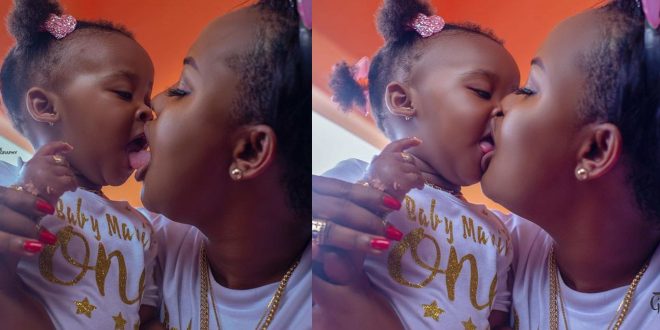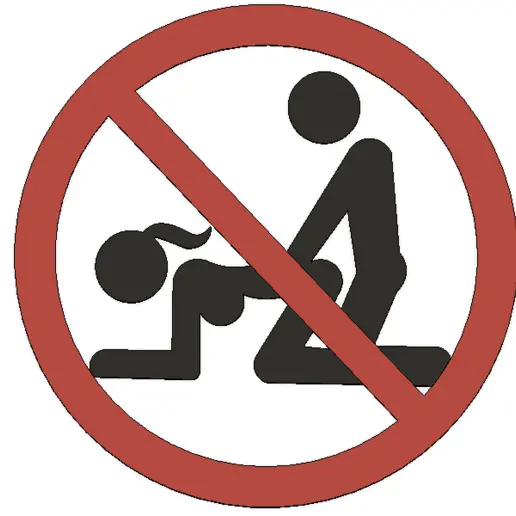Since the 15th of March, this year, the country has had to employ measures that ensured a strong social distancing culture aimed at preventing community spread of the disease that has become a pandemic throughout the world; the Covid-19.
The country before this had taken the necessary measures that were in accordance with the international preventive guidelines the World Health Organization (WHO) had given to adopt in making sure they [every country] keep safe from the disease.
After this, everything in Ghana up until today has been about staying indoors almost all the times in “quarantine”. Many have shared their experience with us over the weekends as to how days of having to stay indoors; this time compulsorily have been for them.
Also Read: Accra This Week: The New Life Indoors
One of the measures Ghana put in place starting 21st and 22nd of March, 2020 was or all travelers coming into the country to stay under compulsory quarantine. This is to facilitate their testing and monitoring to ensure no carrier of the virus goes into the population for further spread.
However, have you also wondered how life to those who have had to be in compulsory quarantine right after coming into the country fared under those conditions? Not seeing family, family not allowed to have contact with you, the thought of being a carrier of the deadly disease, having to be treated in such a manner as even being forced to stay indoors. How will it be for such persons having in mind that right now, there are some people in such conditions at home or other quarantine facilities. We find that out this week.

Celebrated Ghanaian broadcaster and feminist, Oheneyere Gifty Anti during the week shared with the world her experience in quarantine after returning from Abroad.
Speaking on Peace Fm’s Kokrokoo Morning Show with Kwame Sefa-Kayi, she shared how it felt like after having to go through 14 days away from family, loved ones and even at times the immediate environment.
Also Read: ACCRA THIS WEEK: LOCKDOWN IS THE NEW ORDER
Before this however, she was giving updates on social media revealing how life quarantine was. She however explains that those were the times she was in “high in spirit”.
According to her, there were times when she was “broken” and had to cry. She also shared the pain of having to be separated from family at a time when she had spent time abroad and wished for nothing than to meet with them.
She shares a moment where she called home and sought to speak with her daughter. The reply she [her daughter] gave; “who is that?” after being told she had a call was enough to make her breakdown in tears. Hitherto however, she adds that would have been a comment that would have passed and not been felt the way it did.
“And there was another time after we had our first test; there was this woman. I tell you, that time I had to call Rev. Dr. Angela Dwamena Aboagye to talk to her. I was so broken about the thought of a mother and a child contracting the disease. I couldn’t tell whether or not the child had contracted the disease but the child had to be separated from the mother. What would it mean?” she quizzed.
Also Read: Coronavirus: Ghana was more prepared than UK – Gifty Anti
The suspense that comes with the declaration of test results for those in quarantine alone was an unsavory point. Oheneyere elaborated; “First test was on Monday, the 23rd. Results came on Thursday and those three or four days weren’t easy…even the call to tell me that the test came out negative…I think I lost 5 kilos. Because they won’t tell you straight”.
Another part of the whole period, according to her, that proved hard was having to stay at the place of lodging (African Reagent Hotel) for an additional 7 days even after testing negative earlier.
“First one was negative so I thought they were going to let us go only for us to be given a letter that morning saying we thank you for your cooperation and although you have done the first test but to be really sure, you will stay here for the whole 14 days…right then I sat on the floor” she said.
Also Read: Is there lockdown on Kasoa Road?
She also mentions the uncomfortable testing process and the thought of knowing you were the carrier who spread the disease to someone who ends up dying or got disabled in the process as a result of some underlying health problems they had.
She believes however that the mandatory quarantine was a useful process and lauded the government for all the measures put in so far. In fact, according to her and some texters on the day, whiles Ghana had put in stringent measures like checking of temperatures at the Kotoka International Airport, other airports in Europe and countries visited had very little or no measures in place.
“It was absolutely useful [talking about the mandatory quarantine]. I mean, [that is] one thing I would stand to give the government a standing ovation. Kwame, those of us who came in Saturday and Sunday [21st & 22nd March] were 1,030. 25 cases were recorded out of the first 185 people tested. In total, they had close to 200 cases. We were all about to carry them around because nobody showed symptoms. So you will think that you are okay” she said, adding that there was no way she wouldn’t have spread the disease if she was carrying the virus without going through the period of quarantine.
One wouldn’t but feel the worry in her voice when Oheneyere Gifty Anti talked about the non-compliance of some Ghanaians to directives of social distancing.
She said “so we have the opportunity to fight this. Some people say government was late [but] whatever the case, this is the opportunity we have. All my plea and prayer is that we should all take this serious. Kwame, people are dealing lightly with the matter…when I was coming… someone was herding a flock of sheep in our area. Some people were staking lotto at kiosks, some were playing football. We are joking with the matter.”
She talks about women in the market, the police and even journalists who fall in the group of essential service providers in this period not complying with the preventive measures of the disease despite the many surface and body contacts they make in their line of duty.




















